Join the author, Néstor T. Carbonell, as he shares a critical analysis of the Castro-Communist regime and explores the challenges and opportunities that will likely arise when freedom finally dawns in Cuba.
CHAPTER 9: Eyeball-to-Eyeball: Who Blinked? (October – December 1962)
• Shock and Disarray (October 16—the White House)
When the president woke up on October 16, McGeorge Bundy jolted him with the news that the U-2 pilot had photographed two nuclear MRBMs and six missile transports in the western part of Cuba. Very disturbed, Kennedy asked Bundy to assemble his foreign policy team from the State Department, the Pentagon, and the CIA, as discreetly as possible, for an urgent meeting that morning at the Cabinet Room. This team was called the Executive Committee of the National Security Council, or Ex Comm. Unbeknown to all its members, save the attorney general, who was in on the secret, the president taped the discussions at the White House during the electrifying «thirteen days» of the Missile Crisis and beyond.
Kennedy had two meetings with the Ex Comm on the sixteenth. The first started at 11:45 a.m. and the second at 6:00 p.m. The tapes of the discussions that day reveal how surprised the president and his team were when they were shown the photographic evidence of the San Diego de los Baños / San Cristobal MRBM complex. It actually encompassed, on second reading, three missile sites with four launchers each.
The president acknowledged how misguided they had been about Khrushchev’s intentions. «We certainly have been wrong about what he’s trying to do in Cuba,» Kennedy said. «There isn’t any doubt about that. Not many of us thought that he was going to put MRBMs on Cuba.»
«No, except [CIA director] John McCone,» interjected McGeorge Bundy.
«Yeah,» the president replied, nodding.
Senator Kenneth Keating also got a passing recognition. When the president asked how long they could keep the information about the missiles secret, he was reminded that the senator had already, in effect, announced it on the floor of the Senate. As McGeorge Bundy pointed out, «Senator Keating said this on the floor of the Senate on the tenth of October: “Construction has begun on at least a half dozen launching sites for intermediate-range tactical missiles.» The team considered interviewing Keating to identify his source, but the president vetoed the idea.
Perhaps most startling was how befuddled and seemingly unprepared the Ex Comm was to deal with the clear and present crisis on the sixteenth, despite the myriad contingency plans that had been developed and frequently revised for more than a year.
Throughout the discussions that day, most of those in attendance meandered and flip-flopped, drifting with the current or coming up with unrealistic, if not bizarre, proposals. Secretary of State Dean Rusk, the first one to speak at length, stated that «we have to set in motion a chain of events that will eliminate this [missile] base.'» But then, in the next breath, he added, «I think also that we ought to consider getting some word to Castro, perhaps through the Canadian ambassador in Havana or through his representative at the UN … that Cuba is being victimized here, and that the Soviets are preparing Cuba for destruction, or betrayal.»
Secretary of Defense McNamara sketched out in the morning several military options, including air strikes to destroy the missiles before they became operational. But then in the afternoon he made a surprising turnaround. With an authoritative tone, he averred: «I don’t think there is a military problem there [in Cuba]. … This is a [US] domestic problem.» By that, he probably meant an electoral backlash if they did nothing, particularly since the president had warned that the emplacement of offensive missiles in Cuba would have most serious consequences. Parsing words, McNamara argued, «We didn’t say we’d go in… [if the missiles were there]. … We said we’d act… to prevent their use.» As a solution, the defense secretary proposed «open surveillance» (to avert any attempt to fire the missiles) and the «search of suspicious ships coming to Cuba.»
In the course of the discussions, the president probed, challenged, and asked many questions as expected under the circumstances. But he also indulged in candid retrospection. Realizing how complex and dangerous the Cuba situation had become with Soviet direct involvement, Kennedy lamented, «That’s why it shows the Bay of Pigs was really right. If we had done it right.»‘
The president also regretted having drawn a redline at the emplacement of strategic missiles in Cuba. «Last month I should have said that we don’t care,» he mused. Now, however, he was forced to do something.
His first inclination was to authorize a limited air strike to knock out the missile sites. But when McGeorge Bundy and McNamara contended that the offensive missiles in Cuba didn’t really alter the strategic balance of power and posed no significant threat to the United States, the president started to backtrack. «You may say it doesn’t make any difference if you are blown up by an ICBM flown from the Soviet Union or one from ninety miles away,» he posited. «Geography doesn’t mean that much.»
General Maxwell Taylor diplomatically demurred: «I think from a cold-blooded point of view, Mr. President, you’re quite right in saying that these are just a few more missiles targeted on the United States. However, they can become a very, rather important, adjunct and reinforcement to the strike capability of the Soviet Union.» (According to intelligence experts, had the installation of the twenty-four MRBM launchers and sixteen IRBM launchers in Cuba been completed, they would have increased Moscow’s first-strike land-based salvo by 80 percent, from its then very low operational base.)
Other advisers, especially Assistant Secretary of State Edwin Martin, underscored the adverse psychological impact of «sitting back» and letting the Russians «do it to us» (in Cuba). «It makes them look like they’re coequal with us,» conceded the president. And that «we’re scared of the Cubans,» added the secretary of the Treasury Douglas Dillon.
Throughout the discussions, the subject of Berlin frequently came up. Would the Soviets «bargain Berlin and Cuba against each other,» pondered Secretary Rusk, «or … provoke us into a kind of action in Cuba which would give an umbrella for them to take action, with respect to Berlin? In other words, like the Suez-Hungary combination [in 1956].»
After several hours of rambling and inconclusive exchanges, Secretary of Defense McNamara suggested outlining in writing the possible courses of action discussed to be evaluated by the Ex Comm with a sense of urgency since they were informed that the MRBMs would be operational in about two weeks. The options included the following:
A. Overtures to Khrushchev and Castro to see if the crisis could be peacefully resolved prior to any military action (proposed by Rusk and strongly supported by Undersecretary of State George Ball and UN ambassador Adlai Stevenson).
B. Limited blockade to prevent offensive weapons from entering Cuba (suggested by McNamara).
C. Surgical air strike to take down MRBMs and IRBMs (favored by the president in the early stages of the discussion).
D. Extensive air attacks against not only the strategic missiles but also the SAMs, the bombers, MiGs, airfields, potential nuclear storage sites, and radar installations (recommended by the Pentagon and the CIA).
E. Invasion (mainly raised by Robert Kennedy, who said, «If you’re going to get into it at all [why not?], get it over with [launching an invasion] and take our losses.» To strengthen the case for an invasion, he wondered «whether there is some other way we can get involved in this, through a [provoked or fabricated] incident in Guantanamo Bay … or whether there’s some ship that … you know, sink the Maine again or something.» (The attorney general was, of course, alluding to the mysterious explosion of the US battleship Maine visiting Havana, which triggered the Spanish-American War in 1898.)
The meeting ended with no consensus as to what course of action to take.
• The Kennedy and Gromyko Face-Off (October 18)
While the Ex Comm was debating what to do about the missiles in Cuba, the president agreed to meet at the Oval Office on October 18 with the dour Soviet foreign minister Andrei Gromyko. Khrushchev had asked him to request the meeting to gauge the mood in Washington and, specifically, to determine whether Kennedy knew about the missiles and was gearing up for military action in Cuba.
After a discussion on Germany and Berlin, Gromyko zeroed in on Cuba. He reiterated that the Soviet Union’s assistance to Cuba was pursued solely for the purpose of developing its agriculture and training Cuban nationals in the handling of defensive armaments. Gromyko further asserted that Moscow stood for peaceful coexistence and hoped that the United States would resolve by negotiation its problems with Castro. But he warned that the USSR «could not stand by as a mere observer when aggression was planned and when a threat of war was looming.» From his perspective, the recent call-up of one hundred fifty thousand reservists in the United States only served to stoke existing tensions, which could lead to a state of war.
In view of the fact that the president had not yet decided what course of action to take on Cuba, he opted not to disclose to Gromyko that he had irrefutable evidence of Soviet offensive missiles emplaced on the island. But he told the foreign minister that he did not know why Moscow had embarked on a major military buildup in Cuba, since he would have given Khrushchev «assurances that there would be no further invasion, either by refugees or by US forces.»
Before the meeting ended, Kennedy read to Gromyko a portion of his September 4 statement on Cuba, which basically said that if the Soviet Union were to install offensive missiles on the island or build an offensive military capability, grave consequences would ensue.
After his parley with the president, Gromyko reported to the Kremlin that he did not sense that Operation Anadyr had been uncovered, and although Kennedy was disturbed by the Soviet arms shipments to Cuba, he did not seem inclined to launch an invasion or retaliate militarily. Two other factors also contributed to Moscow’s complacency: attention in Washington had shifted again to Berlin as the principal superpower flash point, and US Congress—perceived by the Kremlin as a hotbed of extremism—had just recessed until after the November elections.
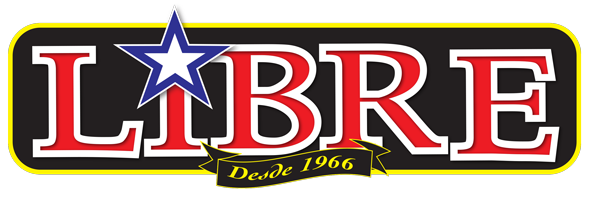


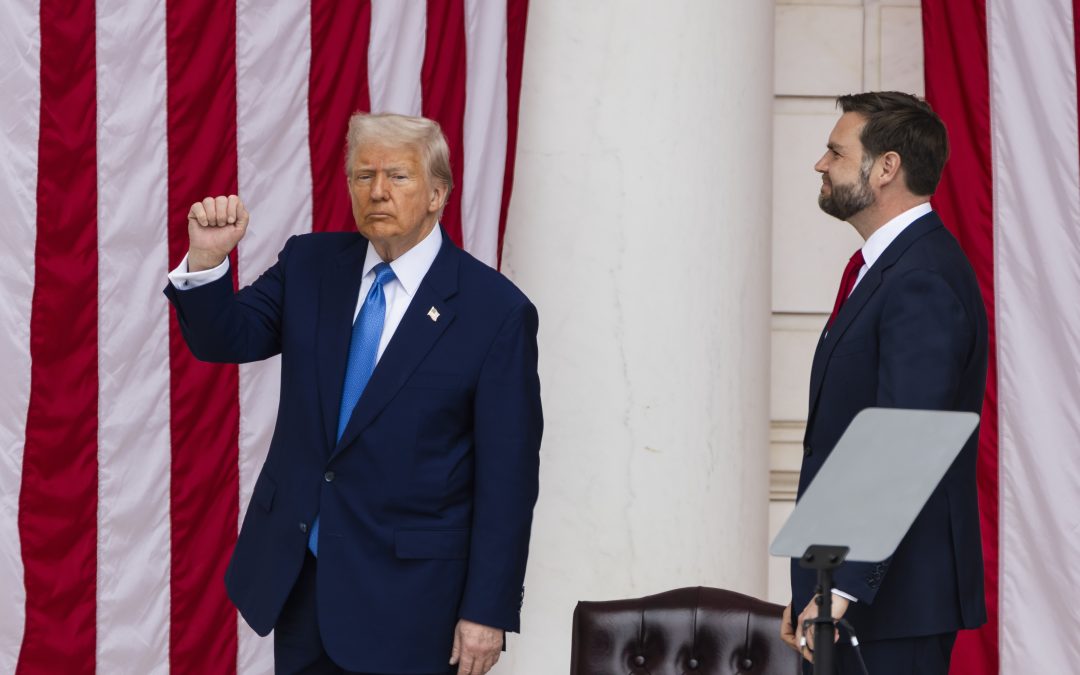
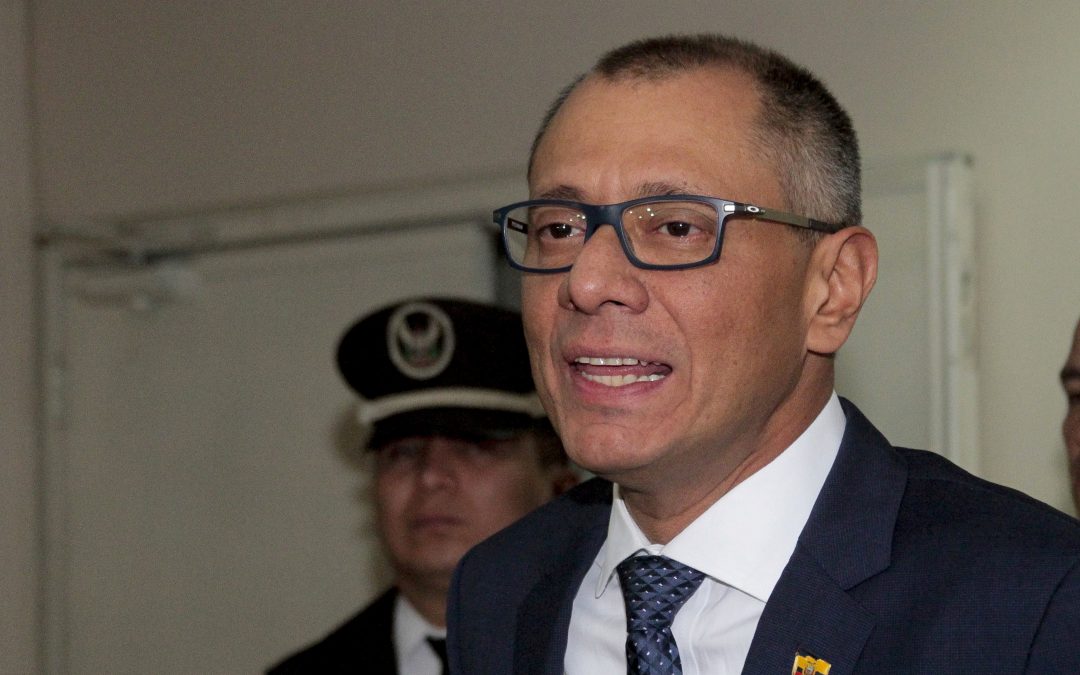
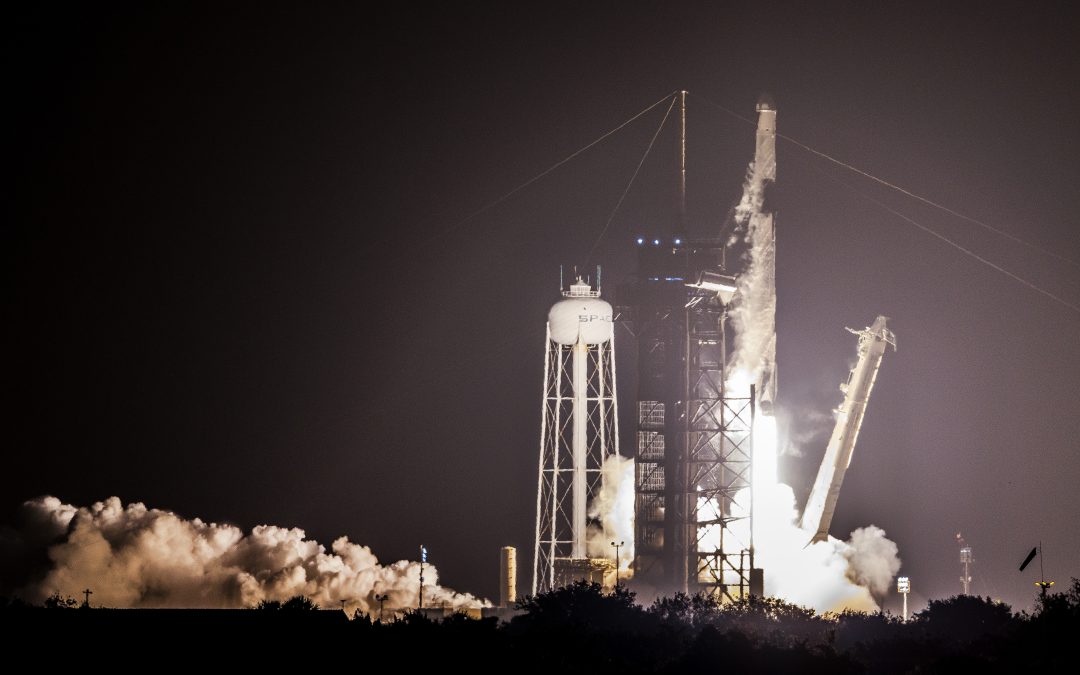
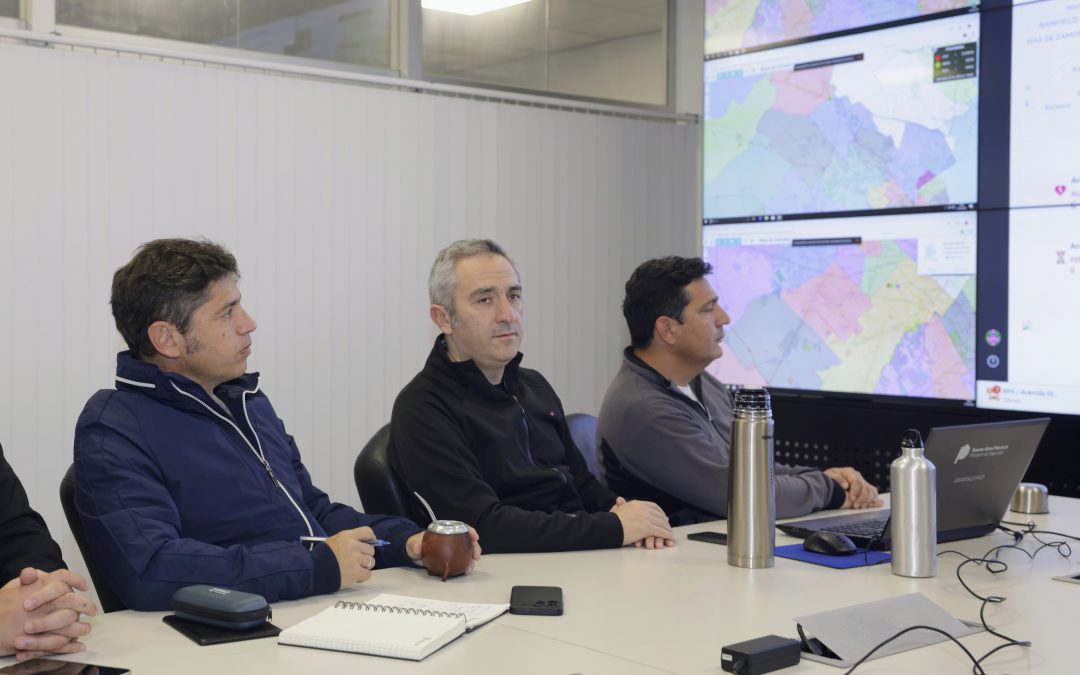
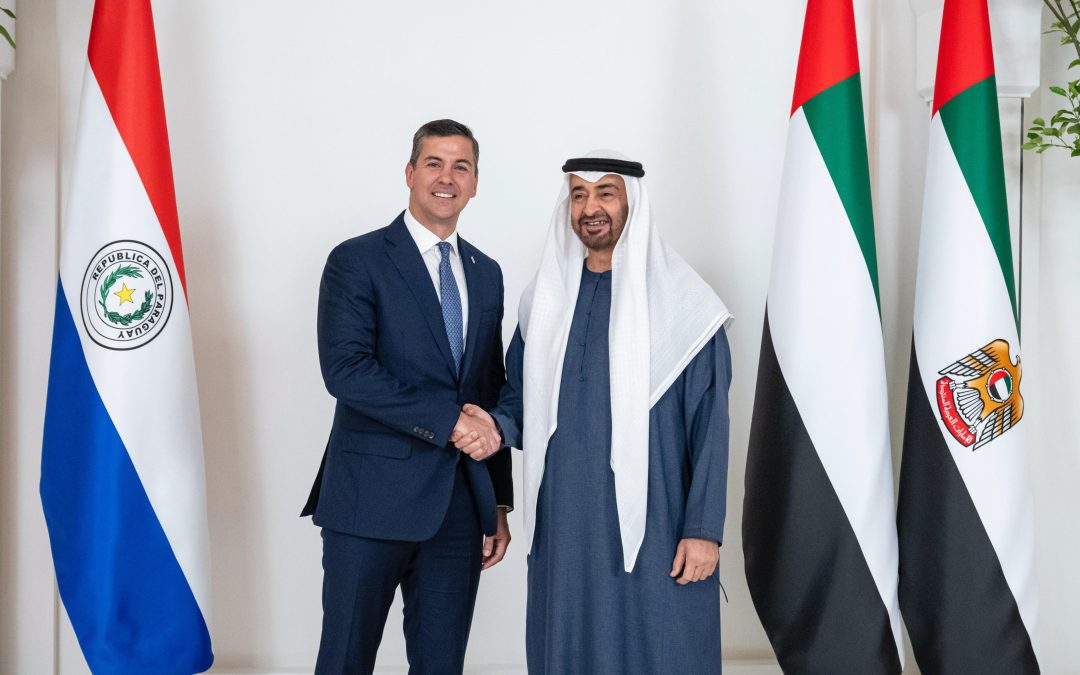



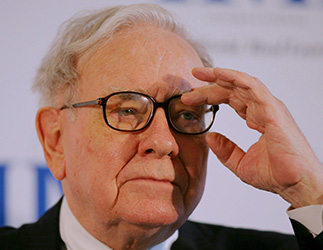
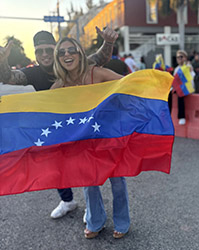

0 comentarios